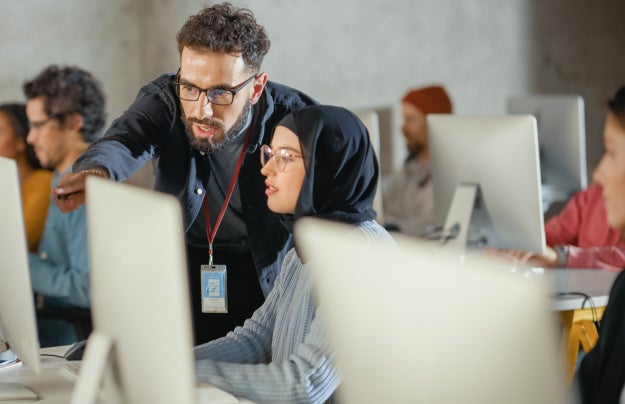Qatar Center for Quantum Computing (QC2) is a newly established center within Hamad Bin Khalifa University (HBKU) seeded by a major grant from the government of Qatar. Positioned at the nexus of theoretical and experimental research, QC2 has an ambitious mission to play a pivotal role in advancing quantum research in the region. We partner with peers from academia and industry to actively contribute to the global drive for progress in quantum communication, quantum computing, and quantum sensing.




We are building an outstanding team and welcome applications for PhD, Postdoc, Scientist, and Senior Scientist positions.
Apply Now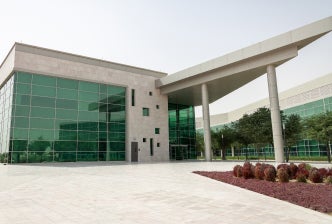
We are actively expanding our network and are eager to welcome students and researchers for short-term visits.
Apply Now
We are keen to explore potential collaboration opportunities and engage in innovative joint projects that leverage our combined expertise and resources.
Apply Now
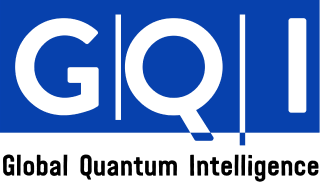
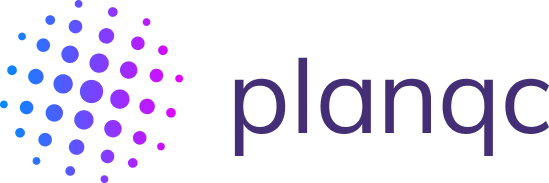

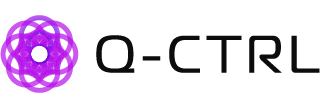
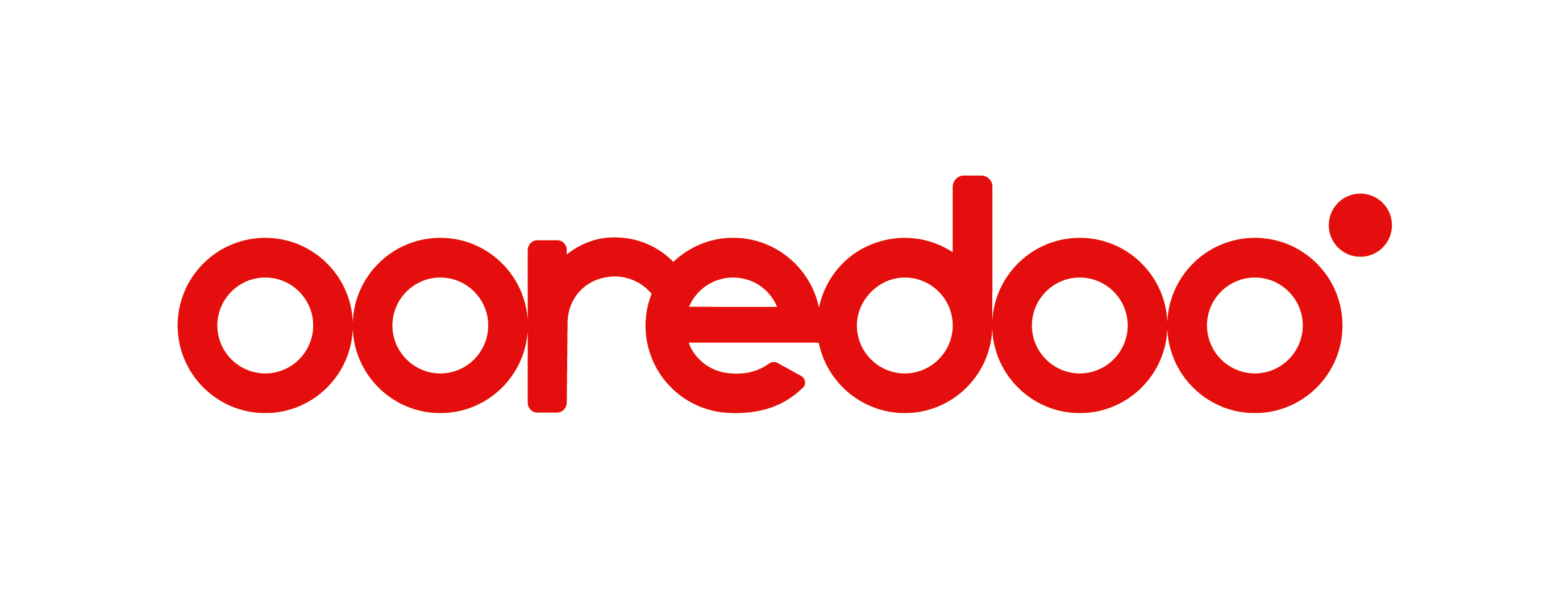

Qatar Center for Quantum Computing (QC2) is the first Qatar-based quantum research center dedicated to advancing both theoretical and experimental research across the three quantum information science domains: quantum communication, quantum computing and quantum sensing.
QC2 is physically located in the state-of-the-art HBKU Research and Development Complex (RDC) in close proximity to Qatar Computing Research Institute (QCRI), Qatar Biomedical Research Institute (QBRI), and Qatar Environment and Energy Research Institute (QEERI). This strategic location not only provides QC2 with access to state-of-the-art research and laboratory infrastructure but also facilitates potential interdisciplinary collaboration opportunities in important areas such as AI, material science, and biomedicine.

Establish a vibrant quantum ecosystem in Qatar, fostering collaboration among government, academia, and industry to cultivate, sustain, and propel the advancement of quantum technologies while addressing potential challenges on both local and global scales.
Hamad Bin Khalifa University (HBKU), a member of Qatar Foundation for Education, Science, and Community Development (QF), was founded in 2010 to continue fulfilling QF’s vision of unlocking human potential. HBKU is a homegrown research and graduate studies University that acts as a catalyst for positive transformation in Qatar and the region while having a global impact.
Located within Education City, HBKU seeks to provide unparalleled opportunities where inquiry and discovery are integral to teaching and learning at all levels utilizing a multidisciplinary approach across all focus areas.
HBKU is committed to actively contribute to achieving the Qatar National Vision 2030 by building and cultivating human capacity through an enriching academic experience and an innovative research ecosystem. Through applying creativity to knowledge, students will have the opportunity to discover innovative solutions that are locally relevant and have a global impact.
At HBKU our students, faculty, staff, partners, and leadership all share a common belief in the power of higher education and research to make a positive impact on the development of nations.
Qatar Foundation’s flagship initiative is a campus of more than 12 square kilometers that hosts branch campuses of some of the world's leading educational institutes, a homegrown university, and other research, scholastic, and community centers. Together, these institutes make Education City a unique model of academic and research excellence, pioneering a new approach to multidisciplinary, global education and enabling breakthroughs that benefit Qatar and the rest of the world.








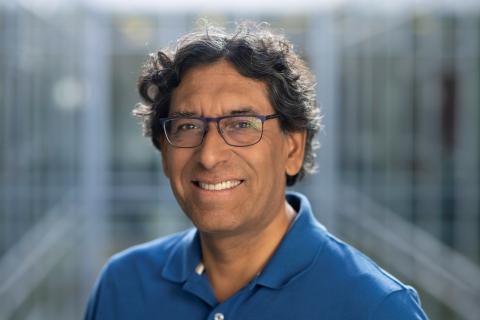
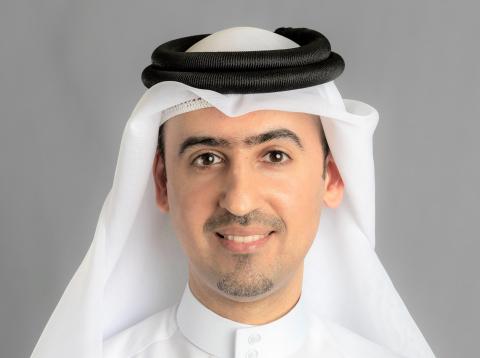
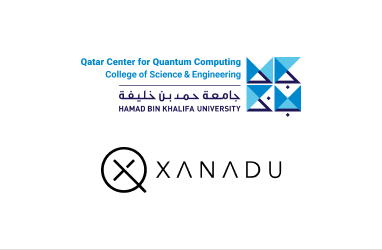
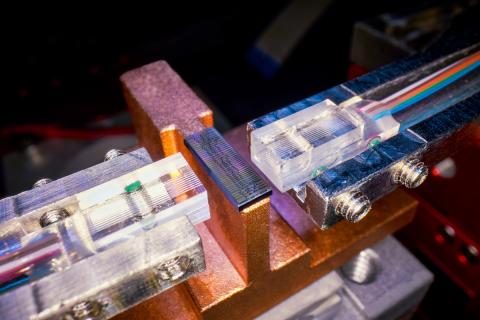
Research in Qatar Center for Quantum Computing (QC2) is generally distributed over three main research groups: Quantum Communication Group (QComm), Quantum Computing Group (QComp), and Quantum Sensing Group (QSense).
In this group, we develop quantum communication systems to transmit information securely and efficiently. This contributes to the development of the upcoming quantum internet and the next communication revolution. Areas of Interest include:

In this group, we explore how the principles of quantum mechanics can provide speedup for classically intractable problems in different practical applications. Areas of interest include:
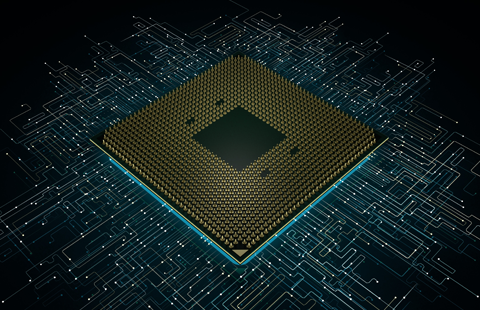
In this group, we develop high-precision quantum sensors capable of capturing extremely accurate measurements. We conduct both theoretical and experimental research on photonic and atomic systems. Areas of interest include:
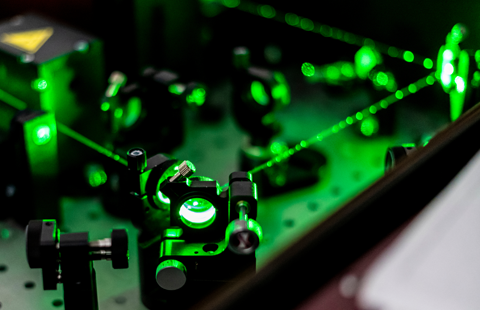
We are building a state-of-the-art quantum lab, where we will venture into the uncharted territories of quantum mechanics, dedicating our efforts to inventing technologies aimed at addressing some of the world’s most pressing challenges. Our partnerships with premier academic institutions, industry leaders, and governmental bodies underscore our commitment to interdisciplinary research and the practical application of quantum technologies in solving real-world problems.

At the forefront of the digital revolution is our Quantum Communication research, which is dedicated to pushing the boundaries of information and communication technology through the power of quantum mechanics. Our mission is to drive the evolution of communication systems by developing quantum-based cryptographic systems and advancing quantum key distribution technologies. As we navigate the challenges of distance, speed, and cost, our goal is to unlock the full potential of quantum communications, laying the groundwork for a new era of secure and efficient data exchange.
In pursuit of these ambitious goals, our group is also engaged in fundamental research on quantum optics. These endeavors are critical for the construction of future large-scale quantum networks, enabling seamless quantum communication over long distances.
Our Quantum Sensing research, equipped with state-of-the-art tools, will harness the unique powers of quantum mechanics to pioneer advancements in quantum sensing and metrology to achieve precision beyond the reach of classical methods. Our research delves into the intricate world of quantum sensors, which operate by manipulating the quantum states. These delicate quantum states, sensitive to environmental changes, allow us to derive highly precise information about a wide array of phenomena.
By precisely controlling and manipulating the states of quantum systems, our research aims to create devices with sensitivities many orders of magnitude better than their classical counterparts with applications in different fields.

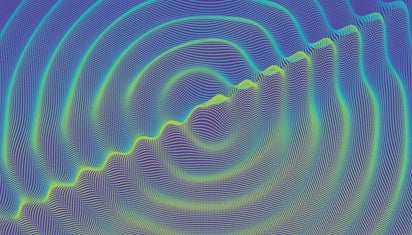
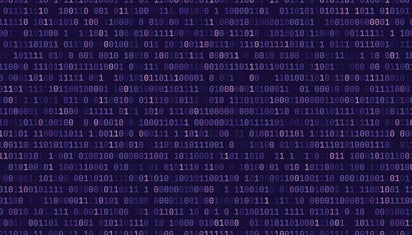
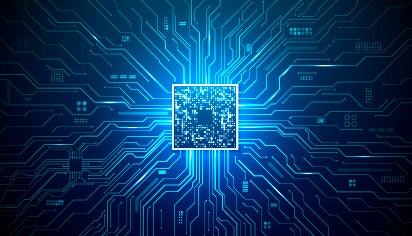

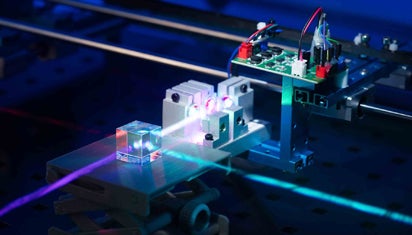

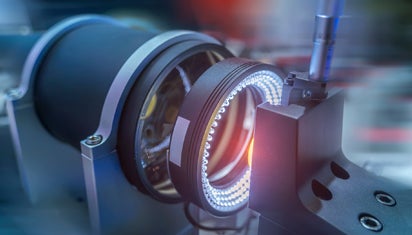

Dave, N., Innan, N., Behera, B. K., Mumtaz, S., Al-Kuwari, S., & Farouk, A. (2025). Optimizing Low-Energy Carbon IIOT systems with quantum algorithms: performance evaluation and noise robustness. IEEE Internet of Things Journal, 1.
Elghaayda, S., Ali, A., Abd-Rabbou, M. Y., Mansour, M., & Al-Kuwari, S. (2025). Quantum correlations and metrological advantage among Unruh–DeWitt detectors in de Sitter spacetime. The European Physical Journal C, 85(4).
Elghaayda, S., Ali, A., Al‐Kuwari, S., Czerwinski, A., Mansour, M., & Haddadi, S. (2025). Performance of a superconducting quantum battery. Advanced Quantum Technologies.
Hasan, S. S., Anis, S. M. A., Imran, M., Islam, R., Al‐Kuwari, S., & Abbas, T. (2025). Entanglement swapping using hyperentangled pairs of two‐level neutral atoms. IET Quantum Communication.
Innan, N., Behera, B. K., Al-Kuwari, S., & Farouk, A. (2025). QNN-VRCS: a quantum neural network for vehicle road cooperation systems. IEEE Transactions on Intelligent Transportation Systems, 1–10.
Meghanath, A., Das, S., Behera, B. K., Khan, M. A., Al-Kuwari, S., & Farouk, A. (2025). QDCNN: Quantum Deep Learning for enhancing safety and Reliability in autonomous transportation systems. IEEE Transactions on Intelligent Transportation Systems, 1–11.
Naimy, A., Slaoui, A., Ali, A., Hadfi, H. E., Laamara, R. A., & Al-Kuwari, S. (2025). Dynamic Evolution of Quantum Fisher and Skew Information under Decoherence in Three-Qubit X-States. Physics Letters A, 130536
Pourhassan, B., Shi, X., Wani, S. S., Saif-Al-Khawari, N., Kazemian, F., Sakallı, İ., Shah, N. A., & Faizal, M. (2025). Information theoretical approach to detecting quantum gravitational corrections. Journal of High Energy Physics, 2025(2).
Pourhassan, B., Shi, X., Wani, S. S., Saif-Al-Kuwari, N., Sakallı, İ., Shah, N. A., Faizal, M., & Shabir, A. (2025). Quantum gravitational corrections to a Kerr black hole using Topos theory. Annals of Physics, 169983.
Seida, C., Allati, A. E., Ali, A., & Al-Kuwari, S. (2025). Multi-party bidirectional teleportation through squeezed noisy channels. Optik, 172274.
Yousefjani, R., Carollo, A., Sacha, K., Al-Kuwari, S., & Bayat, A. (2025). Non-Hermitian discrete time crystals. Physical Review. B./Physical Review. B, 111(16).
Yousefjani, R., Sacha, K., & Bayat, A. (2025). Discrete time crystal phase as a resource for quantum-enhanced sensing. Physical Review. B./Physical Review. B, 111(12).
Aghababaei, S., Moradpour, H., Wani, S. S., Marino, F., Shah, N. A., & Faizal, M. (2024). Effective information bounds in modified quantum mechanics. The European Physical Journal C, 84(4).
Aiache, Y., Al-Kuwari, S., El Anouz, K., & El Allati, A. (2024). Optimal superdense coding capacity in the non-Markovian regime. Journal of Physics A: Mathematical and Theoretical.
Ali, A., Al-Kuwari, S., & Haddadi, S. (2024). Trade-off relations of quantum resource theory in Heisenberg models. Physica Scripta, 99(5), 055111.
Ali, A., Al-Kuwari, S., Ghominejad, M., Rahim, M. T., Wang, D., & Haddadi, S. (2024). Quantum characteristics near event horizons. In Physical Review D (Vol. 110, Issue 6). American Physical Society (APS).
Ali, A., Al-Kuwari, S., Hussain, M. I., Byrnes, T., Rahim, M. T., Quach, J. Q., Ghominejad, M., & Haddadi, S. (2024). Ergotropy and capacity optimization in Heisenberg spin-chain quantum batteries. Physical Review. A/Physical Review, A, 110(5).
Ali, A., Al-Kuwari, S., Rahim, M. T., Ghominejad, M., Ali, H., & Haddadi, S. (2024). A study on thermal quantum resources and probabilistic teleportation in spin-1/2 Heisenberg XYZ+DM+KSEA model under variable Zeeman splitting. In Applied Physics B (Vol. 130, Issue 10). Springer Science and Business Media LLC.
Arslan, S. M., Kuwari, S. A., & Abbas, T. (2024). Superdense Coding using Bragg Diffracted Hyperentangled Atoms. IEEE Journal on Selected Areas in Communications, 1–1.
Dolatkhah, H., Czerwinski, A., Ali, A., Al-Kuwari, S., & Haddadi, S. (2024). Tripartite measurement uncertainty in Schwarzschild space-time. The European Physical Journal C, 84(11).
El Allati, A., El Anouz, K., Ben Abdou Chakour, M., & Al-Kuwari, S. (2024). Non-Markovian effects on the performance of a quantum Otto refrigerator. Physics Letters A, 496, 129316.
Elghaayda, S., Ali, A., Al-Kuwari, S., & Mansour, M. (2024). Physically accessible and inaccessible quantum correlations of DIRAC fields in Schwarzschild Spacetime. Physics Letters A, 129915.
Farouk, A., Al-Kuwari, S., Abulkasim, H., Mumtaz, S., Adil, M., & Song, H. (2024). Quantum Computing: A Tool for Zero-trust Wireless Networks. IEEE Network, 1.
Kashif, M., & Al-Kuwari, S. (2024). ResQNets: a residual approach for mitigating barren plateaus in quantum neural networks. EPJ Quantum Technology, 11(1).
Kashif, M., Rashid, M., Al-Kuwari, S., & Shafique, M., (2024): Alleviating Barren Plateaus in Parameterized Quantum Machine Learning Circuits: Investigating Advanced Parameter Initialization Strategies. Design, Automation & Test in Europe Conference & Exhibition (DATE), Valencia, Spain, 2024, pp. 1-6.
Khan, A. K., Dar, Y. H., Vagenas, E. C., Wani, S. S., Al-Kuwari, S., & Faizal, M. (2024). Effects of underlying topology on quantum state discrimination. The European Physical Journal C, 84(3).
Lamego, V. S., Cruz, G. T. C., Lima, D. R. a. B., Al-Kuwari, S. M., & Huguenin, J. a. O. (2024). Transition from quantum to classical random walk distributions with spin-orbit modes. Optics Letters, 49(24), 6904.
Lima, D., & Al-Kuwari, S. (2024). Unitarization of pseudo-unitary quantum circuits in the S-matrix framework. Physica Scripta, 99(4), 045202.
Satpathy, S. K., Vibhu, V., Behera, B. K., Al-Kuwari, S., Mumtaz, S., & Farouk, A. (2024). Analysis of quantum machine learning algorithms in noisy channels for classification tasks in the IoT extreme Environment. IEEE Internet of Things Journal, 11(3), 3840–3852.
Shabir, A., Khan, A. A., Quach, J. Q., Wani, S. S., Faizal, M., & Rubab, S. (2024). Quantum deformation of Cubic String Field Theory. International Journal of Modern Physics A, 39(17n18).
Deshmukh, S., Behera, B. K., Mulay, P., Ahmed, E. A., Al-Kuwari, S., Tiwari, P., & Farouk, A. (2023). Explainable quantum clustering method to model medical data. Knowledge-based Systems, 267, 110413.
Saini, R., Bera, A. K., Behera, B. K., Ahmed, E. A., Jamjoom, M., & Farouk, A. (2023). Designing quantum blockchain system integrated with 6G network. Journal of King Saud University. Computer and Information Sciences, 35(10), 101847.
Wani, S. S., Al-Kuwari, S., Shi, X., Chen, Y., Naqash, A. A., Rubab, S., Faizal, M., & Kannan, S. (2023). Classifying deviation from standard quantum behavior using the Kullback-Leibler divergence. Europhysics Letters, 144(6), 62003.
Education is the cornerstone of progress. This page offers a curated selection of leading educational tools, programs, and materials in quantum computing. Whether you are a student, researcher, or professional, these resources are designed to support your journey in understanding and advancing quantum technologies. While this is not an exhaustive list, it provides a starting point for exploring this transformative field.
Black Opal is a groundbreaking interactive online platform that simplifies quantum computing for learners of all backgrounds. Designed to be accessible and engaging, it caters to students, developers, and businesses aiming to empower their teams. Through intuitive lessons, Black Opal provides an interactive learning experience that unlocks the potential of quantum computing (Use code HBKU20 to apply a 20% discount)
The PennyLane Codebook, developed by Xanadu, offers an accessible and structured way to explore the world of quantum computing. With targeted modules and guided learning paths, the Codebook equips learners with practical skills in quantum programming, providing a powerful platform for advancing knowledge in this innovative and rapidly evolving field.
Google Quantum AI provides curated quantum education resources for all levels, from K-12 students and educators to researchers and PhD candidates. These tools aim to inspire and support the next generation of scientists, users, and professionals in the quantum field, fostering growth and innovation in this transformative area of science.
IBM Quantum provides comprehensive educational resources for learning the basics of quantum computing. These materials guide users on how to utilize IBM Quantum services and systems to solve real-world problems. By engaging with these resources, learners can develop practical quantum programming skills and apply quantum concepts to address complex challenges across various industries.
Azure Quantum Katas are free, self-paced tutorials designed to teach quantum computing concepts and the Q# programming language. They provide hands-on programming exercises, ranging from basic to advanced levels, enabling learners to practice and strengthen their understanding of quantum algorithms and protocols directly within a browser environment.
Brilliant's quantum computing course, developed with experts from Microsoft, X, and Caltech's IQIM, teaches participants to build quantum algorithms using a browser-based quantum computer simulator. Combining theory and practice, the course offers hands-on experience in designing algorithms while exploring the foundational principles of quantum mechanics and real-world applications.
QuTech Academy’s programs in quantum technologies prepare professionals, policymakers, and innovators to navigate a quantum-driven future. Covering quantum computing, cryptography, AI, and Big Data, these initiatives provide expertise in transformative areas like materials science, chemistry, and secure communication, empowering participants to drive advancements and address challenges in this groundbreaking field.
IQM Academy offers a comprehensive curriculum to help learners understand the foundations of quantum computing. Participants will explore how quantum computers function, gaining insights into their unique principles and operations. The program also provides hands-on guidance for working with quantum computers, equipping learners with practical skills for this transformative technology.
We stand on the brink of a quantum revolution, poised to redefine numerous aspects of our daily lives with unprecedented technological advances. Recognizing the profound impact this shift will entail, we assert the necessity for widespread quantum literacy. At QC2, we are committed to raising awareness about quantum technologies within the local (and global) community through a series of engaging and accessible outreach initiatives. Our aim is not only to introduce quantum computing and other quantum technologies but also to foster an environment of curiosity, inclusivity, and lifelong learning.
Given the anticipated profound impact of quantum computing on our society, it is imperative that individuals from all sectors gain at least a foundational understanding of this pivotal technology to prepare for the changes and opportunities it will introduce.
We will regularly organize awareness campaigns, seminars, webinars, and training sessions for the public to introduce quantum computing and other quantum technologies. We will also diligently curate educational material tailored to simplify the learning journey, making it accessible to everyone regardless of their knowledge and expertise.

Our primary aim with this initiative is to catalyze our country's development and progress by addressing its most critical challenges through the innovative potential of quantum technologies. Success in this endeavor requires a synergistic collaboration with key stakeholders across various sectors, ensuring a deep understanding of their unique challenges and needs.
To achieve this, we will organize focused sessions for major stakeholders to raise awareness about the potential of quantum computing, showcase our research, and demonstrate how quantum technologies can be harnessed to address significant challenges within their respective sectors.
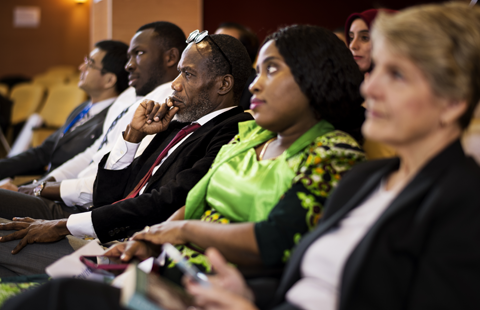
The timeline for quantum technologies to dominate the technology landscape remains uncertain, yet the impending talent shortage is inevitable. Therefore, actively involving and engaging young students is central to our outreach efforts.
We plan to launch several programs aimed at high school and undergraduate students, including summer schools, hackathons, and workshops. Additionally, we are eager to support those interested in pursuing careers in quantum computing beyond their schooling.
